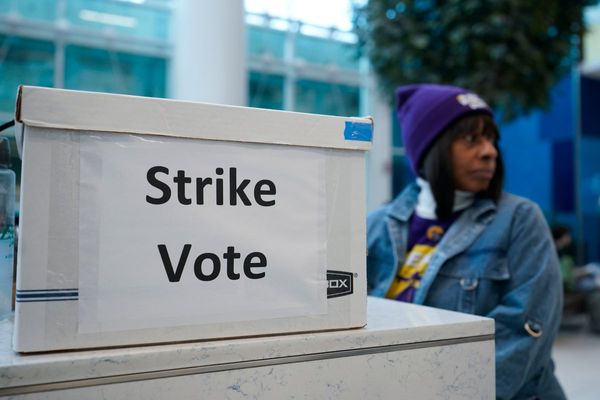
The prime minister said yesterday that the Solomon Islands-China agreement was “no surprise to us” because “we have known for some time the risk of a deal such as this coming about”. Referring to “security matters”, he said he wouldn’t give any more details. But the Minister for International Development Zed Seselja has said that the government found out only when the public did.
The opposition has called the Solomons-China agreement the “worst failure of Australian foreign policy in the Pacific” in almost 80 years. With less hyperbole, independent Senator Rex Patrick has called it “Australia’s worst intelligence failure” in more than two decades.
There is a way to deal with a serious intelligence failure, particularly since the opposition claims to be outraged too. The government, with bipartisan support, can declassify the intelligence it received. This intelligence can be sanitised so as to conceal the specific means by which it was obtained.
Such sanitisation and concealment preserves the intelligence agency’s ability to continue to obtain intelligence on the target. For example, there is no need to reveal raw intelligence derived from communications intelligence (the preserve of the Australian Signals Directorate) or human intelligence (the preserve of the Australian Secret Intelligence Service).
The Office of National Assessments and the Defence Intelligence Organisation produce intelligence assessments that draw on raw intelligence, but the assessments are analytical reports that have been and can be sanitised so that foreign governments and other hostile elements cannot take adequate countermeasures.
That would be an easy way to examine whether the intelligence agencies gave advance warning — and if so, of what kind.
The United States, which takes oversight of intelligence agencies seriously, held an inquiry after its intelligence community failed to provide warning of India’s nuclear tests in 1998. The director of central intelligence appointed a panel of outside experts, chaired by Admiral David Jeremiah, a former vice-chairman of the Joint Chiefs of Staff. The report remains classified, but Admiral Jeremiah provided reporters with an unclassified description of his group’s findings.
He talked about the problems in collecting information about the Indian program, as well as about analysts who refused to believe that the government would carry through on its promise to conduct nuclear tests, and discussed his recommendations.
He also responded to questions regarding the seriousness of the intelligence failure, the role of Indian security measures in preventing US detection of test plans, and whether with warning of India’s plans the US government could have taken diplomatic action to prevent the tests.
The US also released an unclassified list with specific recommendations in four different areas: analytic assumptions; collection management and tasking; manning and training; and organising and integrating the United States Intelligence Community.
Australia can do something very similar.
There are precedents for this. In 2005, the US declassified a large number of previously classified signals intelligence reports and other intelligence papers concerning the Vietnam War, specifically the Gulf of Tonkin incident. Australia’s defence minister confirmed in Parliament that the US government did not consult with the Australian government before deciding to release these materials.*
With bipartisan support, greater oversight would improve the performance of the intelligence agencies in what is a pivotal decade in Australian history.
*Brendan Nelson (Bradfield, minister for defence): Answer to question in writing, Signals Intelligence Reports, Hansard p 2810, 14 February 2006.







